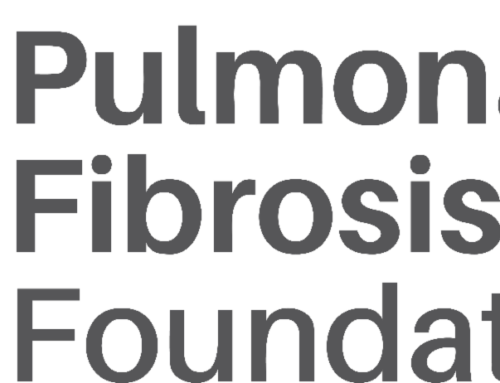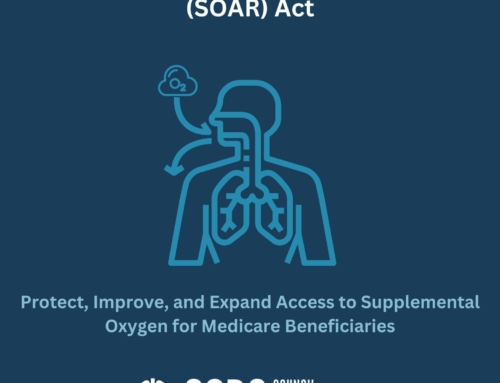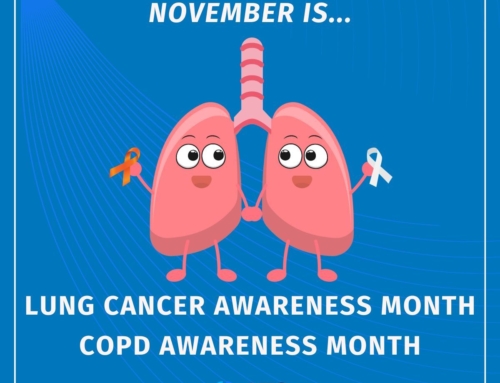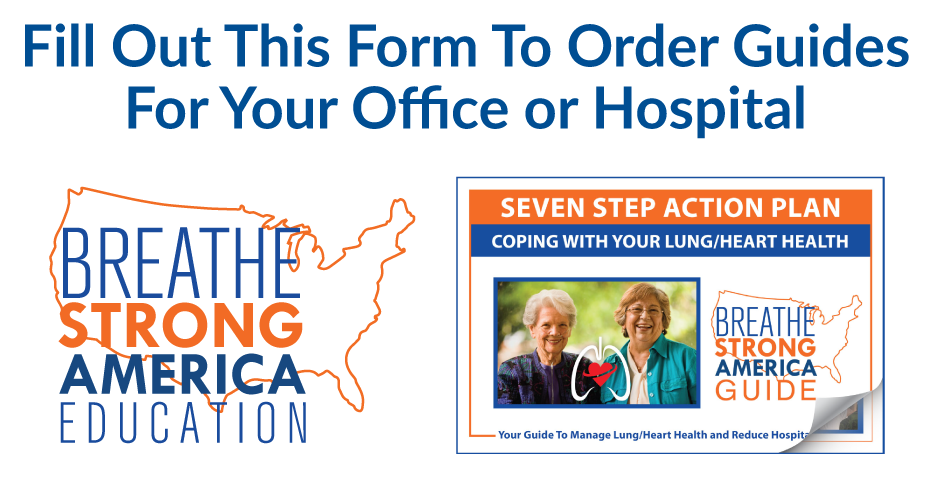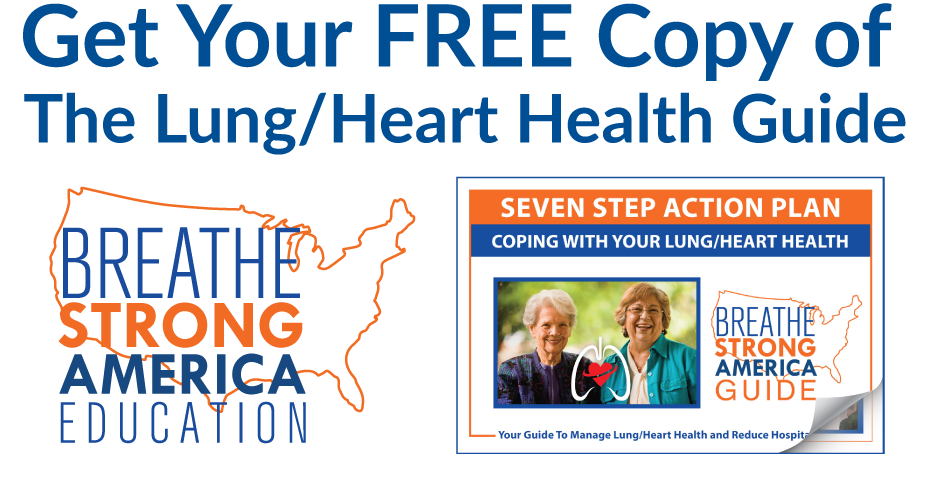Medications can be dangerous, and yet they are often vital to our health and well-being. Sources claim that medication errors are the third most common cause of death in the US. Errors occur by the person taking the medicine, the pharmacist who dispenses them, the nurse who administers them, or by the physician who prescribes them. Be aware. You are the one at risk. Be sure to know the what, why, and how of each of your medications.
Most older people take on the average of seven medications or more on a regular basis.
Are they all necessary? Ask your doctor at least once a year. Do you really need to keep taking each of those drugs? Maybe, years ago, the doctor prescribed something for your sore toe and you continue to take it when it really isn’t necessary.
Connect with your pharmacist. Be sure your pharmacist knows every drug you are taking, including over the counter supplements. Your pharmacist is a specialist and can alert you to unwanted complications and interactions.
Jim complained about his shortness of breath, “Sure, the doctor gave me a rescue inhaler but it doesn’t work for me. It doesn’t do anything.” I asked Jim to show me how he takes his inhaler. Jim removes the cover, shakes the inhaler, inserts it into his mouth and pushes down twice. Jim deposited a dose into his mouth, not into his lungs where it was needed. With some careful explanation and demonstration, Jim learned how to administer his inhaler properly. “No one ever showed me how. I just took what the doctor ordered.” If your inhaler doesn’t seem to be making a difference ask the doctor, nurse, or pharmacist if you are doing it correctly. Watch online demonstrations on a reliable website like Breathe Strong America or COPD.org. A spacer can really give you that extra bang for your buck, ensuring that you benefit from every bit of your aerosol medicine.
How many doctors do you have? Many have a pulmonologist, a cardiologist, an endocrinologist, a primary care physician and many others. Do each of your doctors have a correct, up to date list of your medicines? If not, how do you expect them to provide the right answers?
Without a complete list, your doctor could prescribe something that might seriously interact with another medication causing dangerous complications. Bring an updated list of your medicines at every visit and review it each time.
If you have problems with any of your prescribed medication or don’t feel that it is helping, or if you are having some negative effects, call your doctor. There are lots of options; maybe another might work better for you. Some medications build up over a period of time though you don’t feel the effect right away.
Harry just didn’t seem to feel any improvement with any of his medications and assumed that it was simply his lungs. At the recent support group meeting, Jack mentioned a new inhaler that he was prescribed and found that it really helped him breathe so much better. Harry asked his doctor about it. At the next support group meeting, Harry declared that he was feeling great. “That medication really made me feel like a new man! I can breathe so much better now!”
If you suffer from exacerbations of your COPD it may well be because of GERD. Studies have found that while sleeping you may be regurgitating into your lungs, causing inflammation and infection. Avoid lying down after eating and avoid carbonated and alcoholic drinks before bed. You may benefit from a reflux inhibitor. Ask your doctor if it might be appropriate for you.
Take charge of your health! You are the one taking the medication. Your doctor, nurse, respiratory therapist and your pharmacist are on your team but you are the Team Leader. They can only be as effective as you allow them to be. The more that you can communicate with them, the more that you will benefit.



